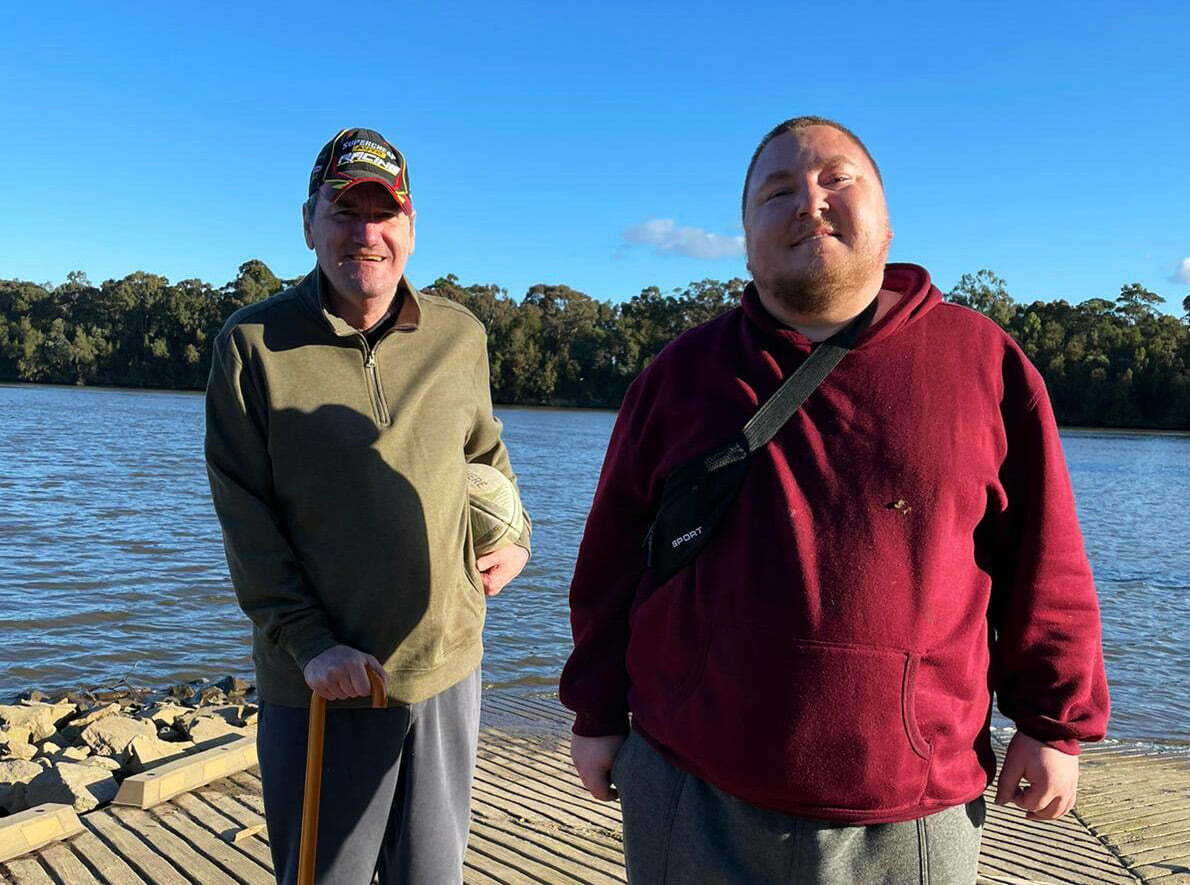Therapeutic supports are a common part of an NDIS plan. These supports are there to help NDIS participants improve their independence and enable participation in daily, practical activities. From language and communication, mobility and movement, personal care, interpersonal interactions and community living, there is a wide range of therapeutic supports you can receive funding for to help with your day-to-day goals, build relationships and nurture your overall wellbeing.
The Different Types of Therapeutic Supports
Within the NDIA, therapeutic supports usually fall under these three different NDIS budgets within the Capacity Building budget category:
- Improved Daily Living – where most therapeutic supports fall under, which covers funding for therapists to help improve your independence and participate more confidently in the community.
- Improved Health and Wellbeing – which covers consultations from exercise physiologists, personal trainers and dietitians.
- Improved Relationships – which covers funding for supports that facilitate behavioural interventions and social skills development.
Some of the most commonly funded therapeutic supports include: employment-related counselling, dietetics, exercise physiology, personal training, as well as occupational therapy, behavioural support and speech therapy.
There are also supports that the NDIS will not fund. These include supports that are the responsibility of another government system or community service, are not related to your disability or your support needs or are likely to cause harm to you or pose a risk to others. Further guidelines can be found on the NDIS website.
How Do You Receive Therapeutic Supports?
You will need to have an initial consultation with your NDIS provider to talk about your support needs, abilities and goals to develop a plan that includes therapeutic supports as well as funding for it. The process may involve you completing certain activities or answering questions and meetings over several appointments to help your NDIA planner and therapist conduct an adequate assessment of your needs.
Once the therapeutic supports and funding for it have been approved for your plan, these supports must then be delivered by a qualified provider. These can be health professionals such as occupational therapists, physiotherapists, dietitians or speech pathologists or registered nurses. The NDIA also helps make certain supports more affordable to NDIS participants by setting price caps, which are also reviewed annually.
If you don’t have funding for your therapeutic supports in your NDIS plan, you can speak with your provider to see how we can help incorporate these supports into your plan and help you achieve your goals.
Enaaly is Here to Help
At Enaaly, we believe everyone has the right to receive the support they need, achieve their goals and live a fulfilling life. If you’re struggling to keep track of your spending on therapeutic supports or want help to get funding for these supports in your plan, contact our team today.




